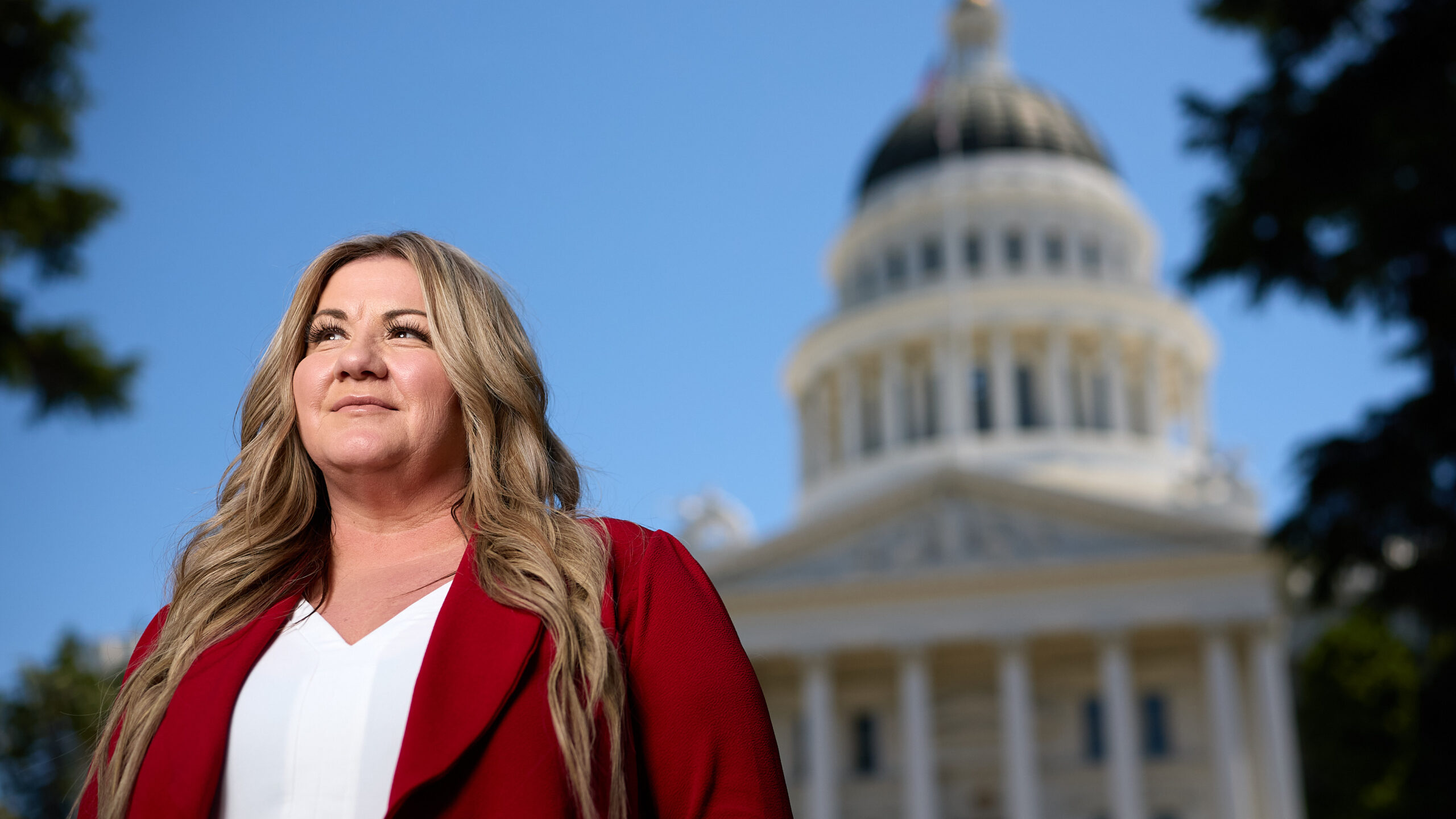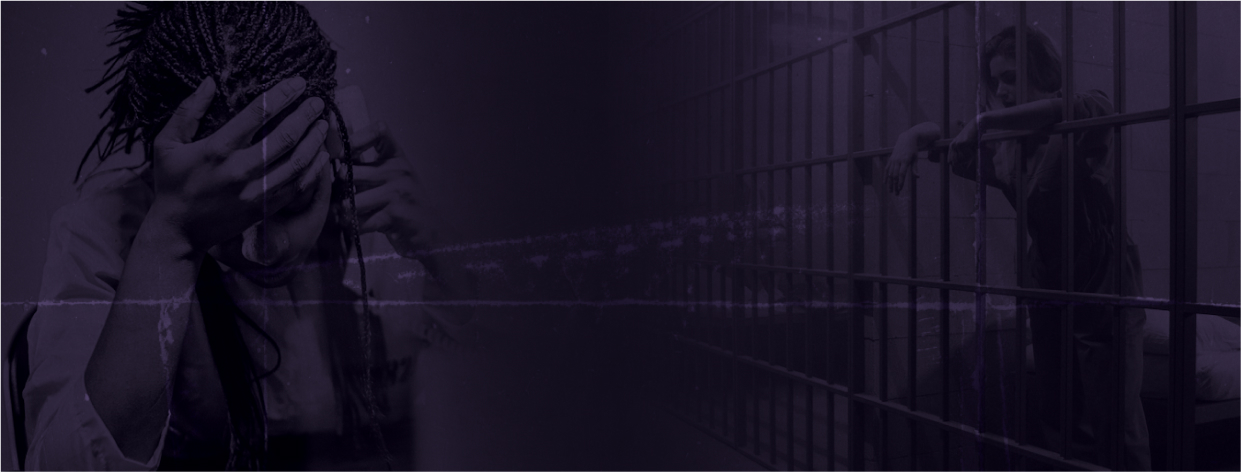If you had told Sharie Finn, a San Diego mom of five, five years ago that she’d be testifying at the California State Capitol, face-to-face with lawmakers in the belly of the beast, she wouldn’t have believed you. But that was before California’s sanctuary laws protected an illegal immigrant with multiple felony convictions who went on to sexually assault Finn’s special needs teenage daughter.
The trauma shattered their family.
“When our daughter went missing, we were vulnerable, helpless, and broken,” Finn told IW Features.
At the time of the assault, Finn had no idea her daughter’s attacker wasn’t even supposed to be in the country. But the state of California knew—and protected him anyway. Politics mattered more than her daughter’s safety.
And yet, despite the increasing frequency of stories such as Finn’s, California Democrats have continued to double down on failed sanctuary policies. In December of 2024, for example, San Diego County passed a resolution to become a “Super Sanctuary County,” expanding protections for violent illegal criminals. Under California’s existing laws, law enforcement is allowed but not required to notify ICE when they detain illegal immigrants with serious criminal records. The Super Sanctuary resolution takes it even further: it forbids local agencies from contacting ICE at all.
State Senator Brian Jones (R-San Diego) recently introduced a common-sense bill to roll back policies like these. When he asked Finn to be the lead witness for SB 554, the Safety Before Criminal Sanctuary Act, she didn’t hesitate. The bill is simple: it requires ICE to be notified when local jails detain illegal immigrants with convictions for crimes like sexual abuse, child molestation, slavery, robbery, or felony DUI.
Finn’s husband couldn’t make the trip to Sacramento, so I went with her. What we witnessed in the state’s capital as two moms changed us both forever.
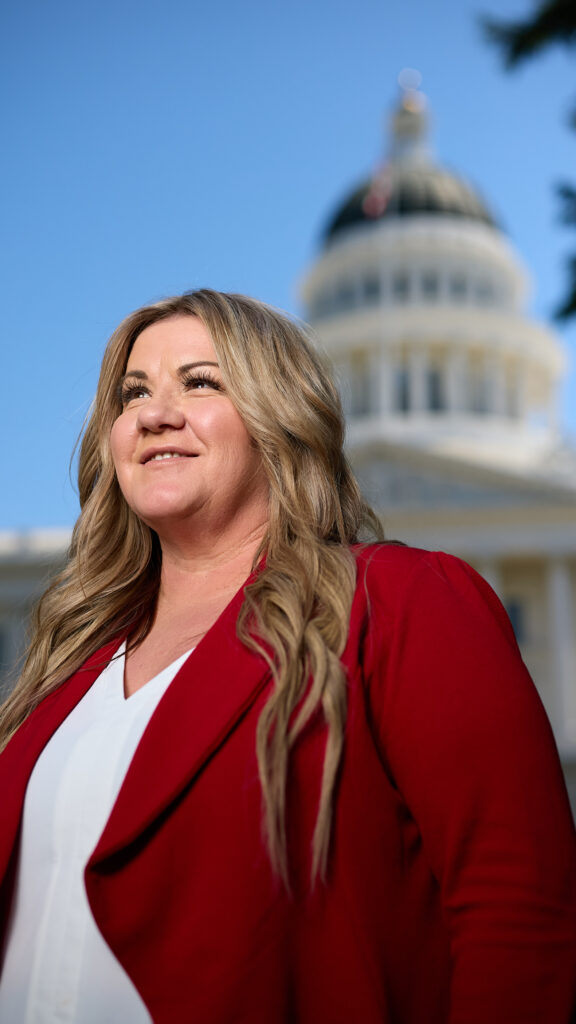
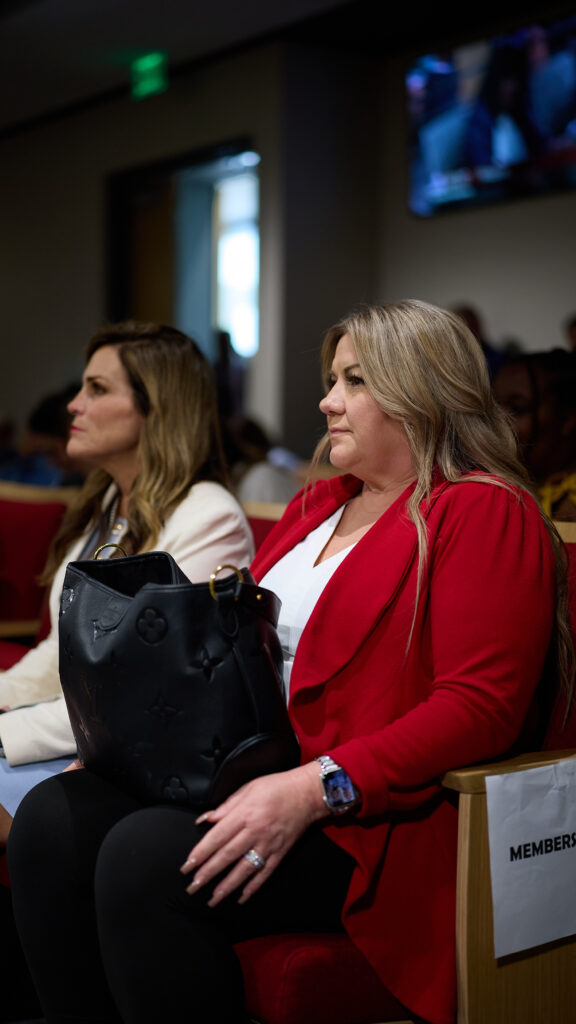
Inside the Capitol
The Public Safety Committee hearing room was packed—hallways and lobby overflowing with union representatives in matching T-shirts and paid left-wing activists straight out of central casting. Chants echoed, scripts were read, and every seat was filled with people who’d been coached to oppose bills like SB 554. The energy wasn’t organic—it was orchestrated. You could feel who owned that building.
Then came Sharie Finn. This wasn’t political for her. This was personal.
She later told me, “I take great pleasure in public speaking, especially when I am advocating for the greater good. But knowing in advance that I’d be addressing an audience likely to disagree with my position was initially disheartening. It fueled my determination to work even harder to convince them of the bill’s importance.”
When Finn began her testimony, her voice, though steady, was threaded with pain and courage. She wasn’t there for herself. She was there for her daughter, and for every parent who deserves a system that puts their child’s safety first.
Yet the senators on the panel barely looked up. State Senator Scott Wiener, the architect of some of California’s most radical policies, wasn’t even present — but would later vote no. Others stared down at their phones as Finn recounted every parent’s nightmare.
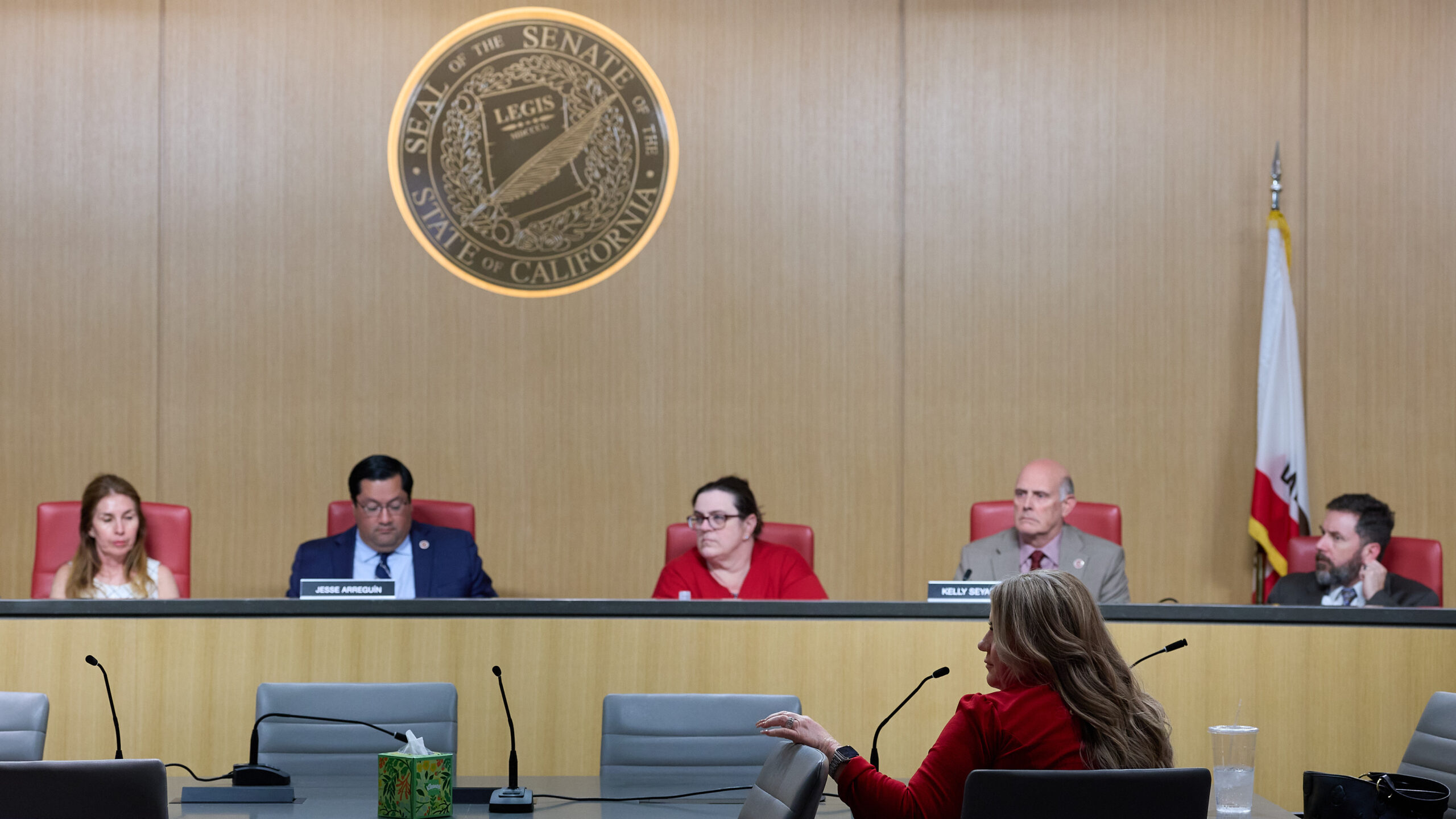
They became suddenly interested in Finn’s testimony, however, when it came time for the opposition to question her. State Senator Lena Gonzalez (D–Long Beach) accused Finn of “sensationalizing” her trauma. One of the opposition speakers seated beside her even called her testimony “unconscionable” and “exploitative.”
Finn later shared, “I felt a sense of frustration at times. It’s important for opposition feedback to be constructive, focused on improving the bill rather than merely obstructing it for political gain. When opposition becomes purely adversarial, it risks stalling progress and overshadowing the primary goal of serving the public good.”
Sen. Jones, one of the few voices of reason in the room, called out the personal attacks and stood firmly in defense of his bill’s modest reforms.
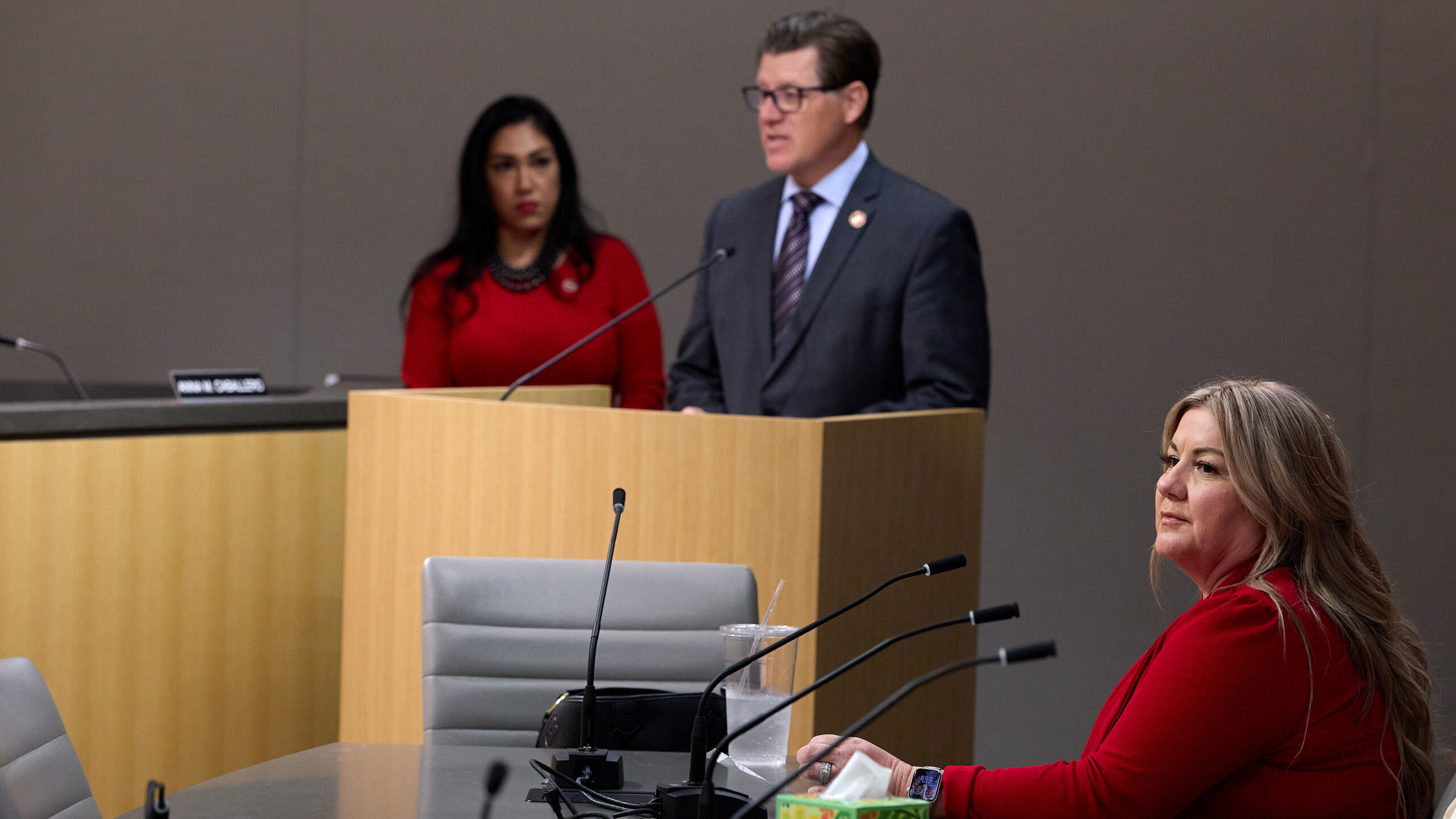
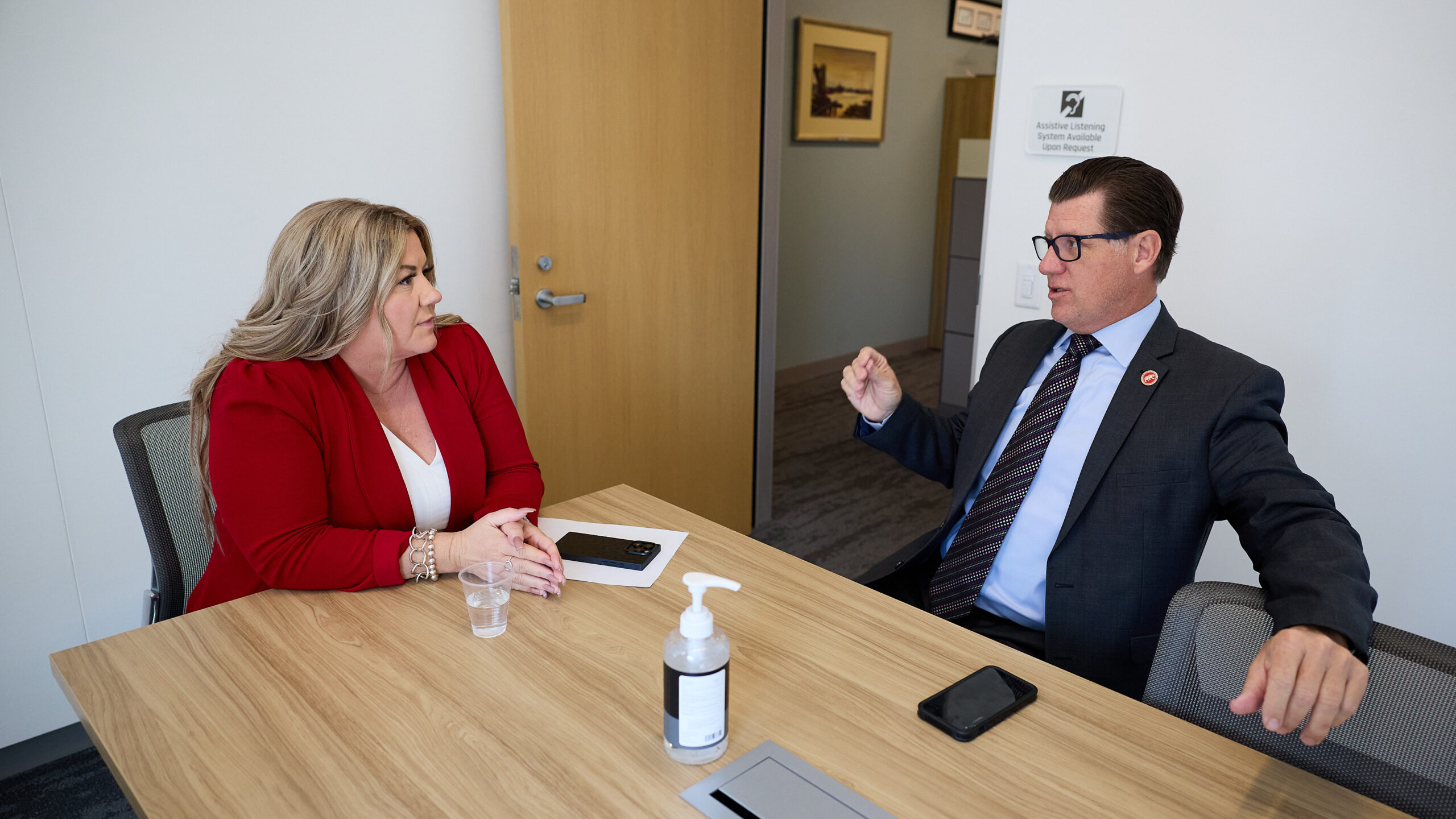
Then came the time for public comment, when members of the public get to express support or opposition for a legislative action. Dozens of paid leftist activists paraded to the microphone, reading prewritten lines off scripts to condemn the bill and those who support it. They were there to protect power, not people.
But just when it felt like all hope had been drained from that hearing room, something unexpected happened.
From the back rows, quiet but unmistakably present, a few women stood up, one by one. They hadn’t been paid. They hadn’t been bused in. They were there for other bills that day, but after hearing Finn’s testimony, they couldn’t stay silent.
They walked to the microphone, looked straight at the committee, and spoke from the heart. No chants. No rehearsed lines. Just conviction. They stood with Finn—not for a paycheck, but for what’s right.
Unfortunately, SB 554 died in committee that day. But Finn’s resolve didn’t.
“Trust God, Not the Government”
As Sharie Finn’s friend, I remember the media coverage when her daughter went missing. I remember their desperate plea to the public. And I remember the hope when she was found.
The Finn family survived a nightmare. But instead of letting that trauma destroy them, they transformed it into something worth fighting for. That’s what psychologists call “post-traumatic growth”—the ability to turn pain into purpose.
And that’s exactly what Finn did. She founded the RAD Movement, a nonprofit that supports families of missing and exploited children. RAD coordinates search-and-rescue efforts, provides aftercare, and offers legal and educational advocacy to victims and their families. I’ve been with Finn in storm drains and homeless encampments, searching for the lost. Her work is grounded in faith, driven by love, and rooted in the unshakable belief that unless everybody matters, nobody matters at all.
After her testimony in Sacramento, she told me, “Visiting for this particular purpose was a markedly different experience. The knowledge that I was there to serve as the lead witness for such a critical bill added a unique layer of significance. The energetic charge I felt is something I will not soon forget.”
She added, “My primary goal in speaking out in support of the bill was to advocate for a safer and more secure community for all of us. I hoped to amplify the voices of vulnerable populations that are often most affected by lapses in public safety measures.”
As she said in her testimony:
“I [am speaking out] not just as a mother of a survivor, but as an advocate for my child and countless others. The individual who assaulted my daughter had multiple strikes and prior convictions. And yet, he was shielded by current sanctuary laws. These laws, while well-intended, have failed to protect the innocent. Let us work together to forge a system that prioritizes justice and safety over politics.”
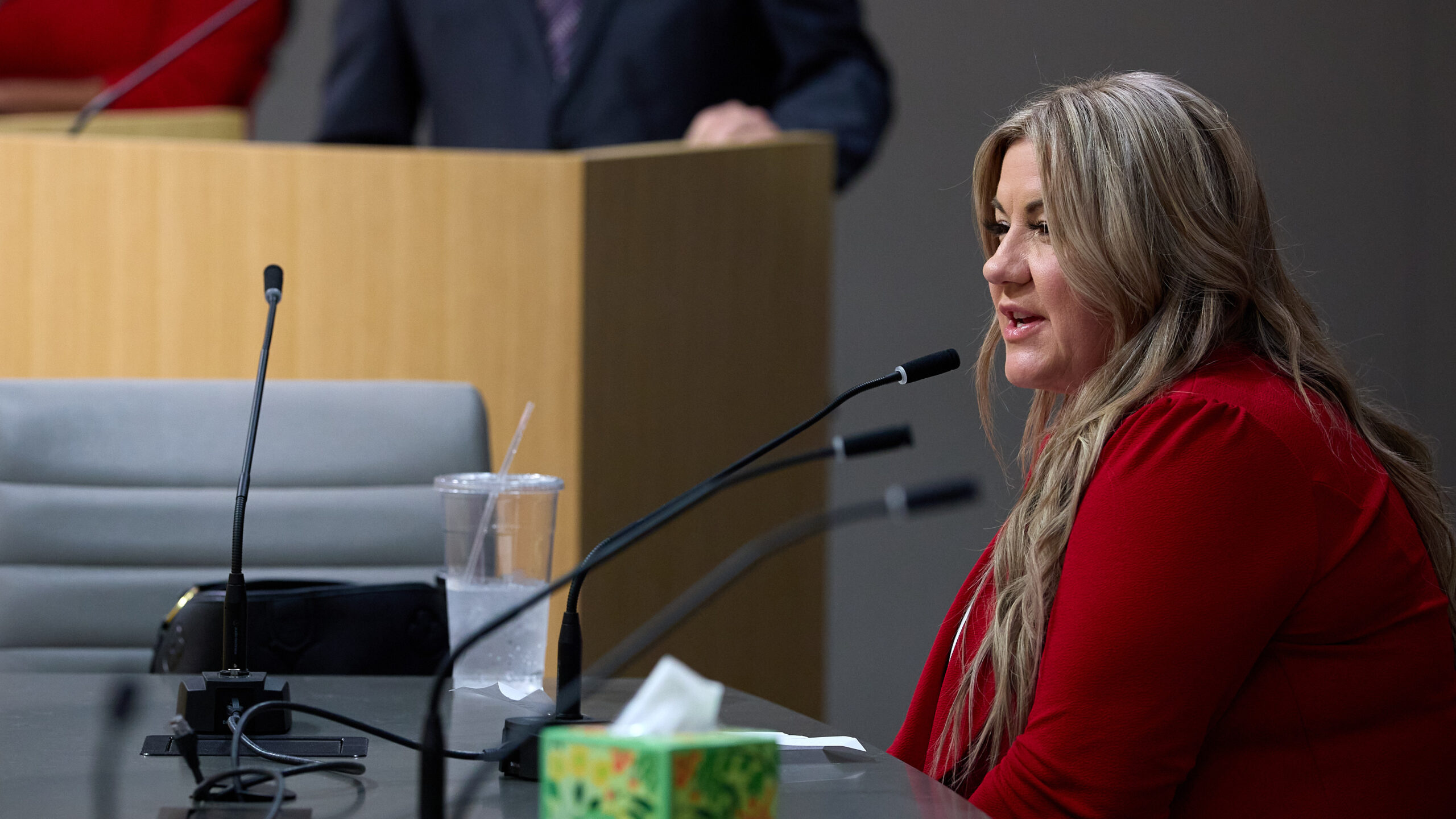
Keep Showing Up
Sharie Finn’s example is one every engaged citizen ought to follow. If you’ve never gone to a local or state legislative hearing, do it. Pick one issue that matters to you—and go all in. Send the emails. Make the calls. Show up in person.
Because the Left is showing up. And especially in states like California, if they keep showing up while the proponents of common sense stay silent, there won’t be a California left to save.
But Finn’s journey to the Capitol is proof: truth and courage still live in California. We just have to keep showing up.
